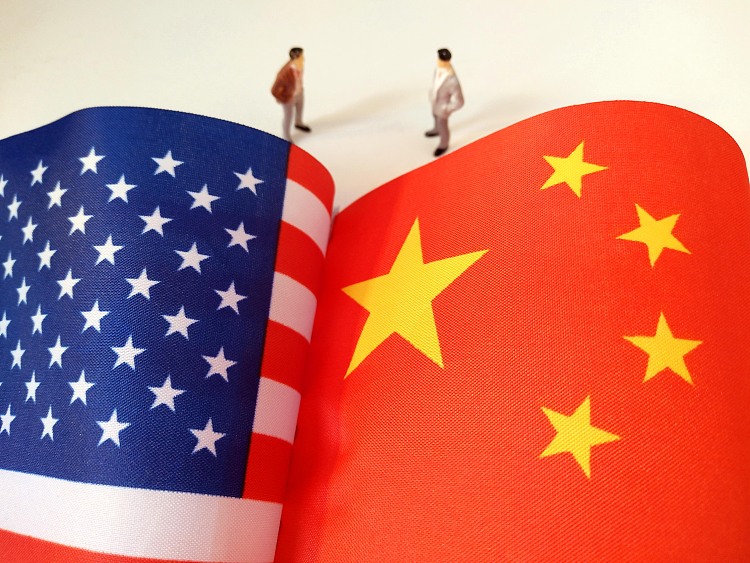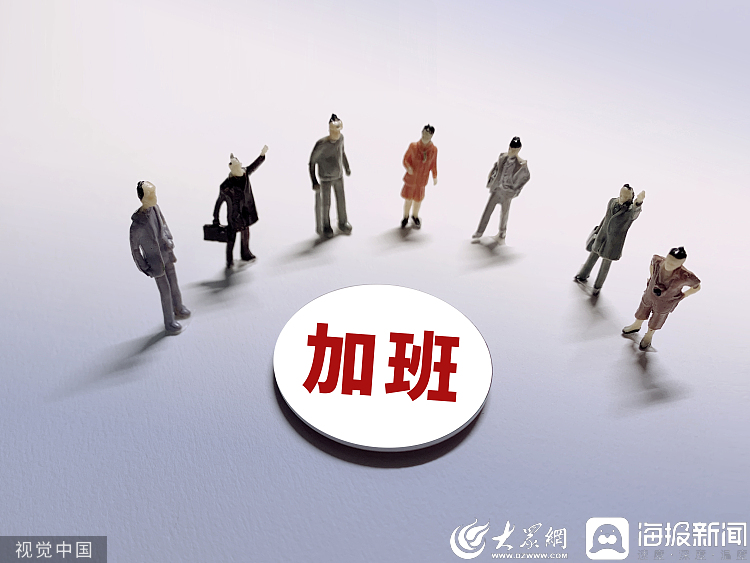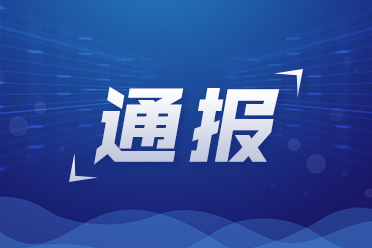Global cooperation key to regulating AI
2025-08-06 10:03 China Daily
Hinton's plea brought back memories of Stanley Kubrick's 1968 classic and prescient film 2001: A Space Odyssey. In this science fiction movie, set in 2001 but which is still a must-see, the onboard AI computer, HAL 9000, kills several crew members due to a contradictory programming error the computer was unable to resolve. Now Hinton is afraid that life will soon be lethally imitating art.
Hinton made a passionate plea for global cooperation to align AI with human values, proposed an international safety consortium, and urged young researchers to proceed boldly but emphasized the urgent need to ensure AI remains beneficial to humans, while warning that unchecked AI could harm or replace humans if not trained within the framework of established guardrails.
It is clear to me which of the two plans Hinton thinks is urgently needed, and which one he considers an existential threat to all humanity. No wonder the 77-year-old Canadian scientist chose the WAIC for his first trip to China as the venue to emphasize the urgency of his message.
In taking the more responsible approach, China is not in uncharted territory. There is a little-known precedent, similar to what China is proposing: an organization based in Geneva, Switzerland, known mostly to scientists and policy wonks, which has an unblemished record of success. It is called CERN by its French acronym, or the European Organization for Nuclear Research, founded in 1954 by 12 European countries seeking to re-establish peaceful scientific cooperation after World War II and it is where, among other technologies, the World Wide Web was spun and touch-screen technology was invented in the 1970s, decades before smartphones came in.






